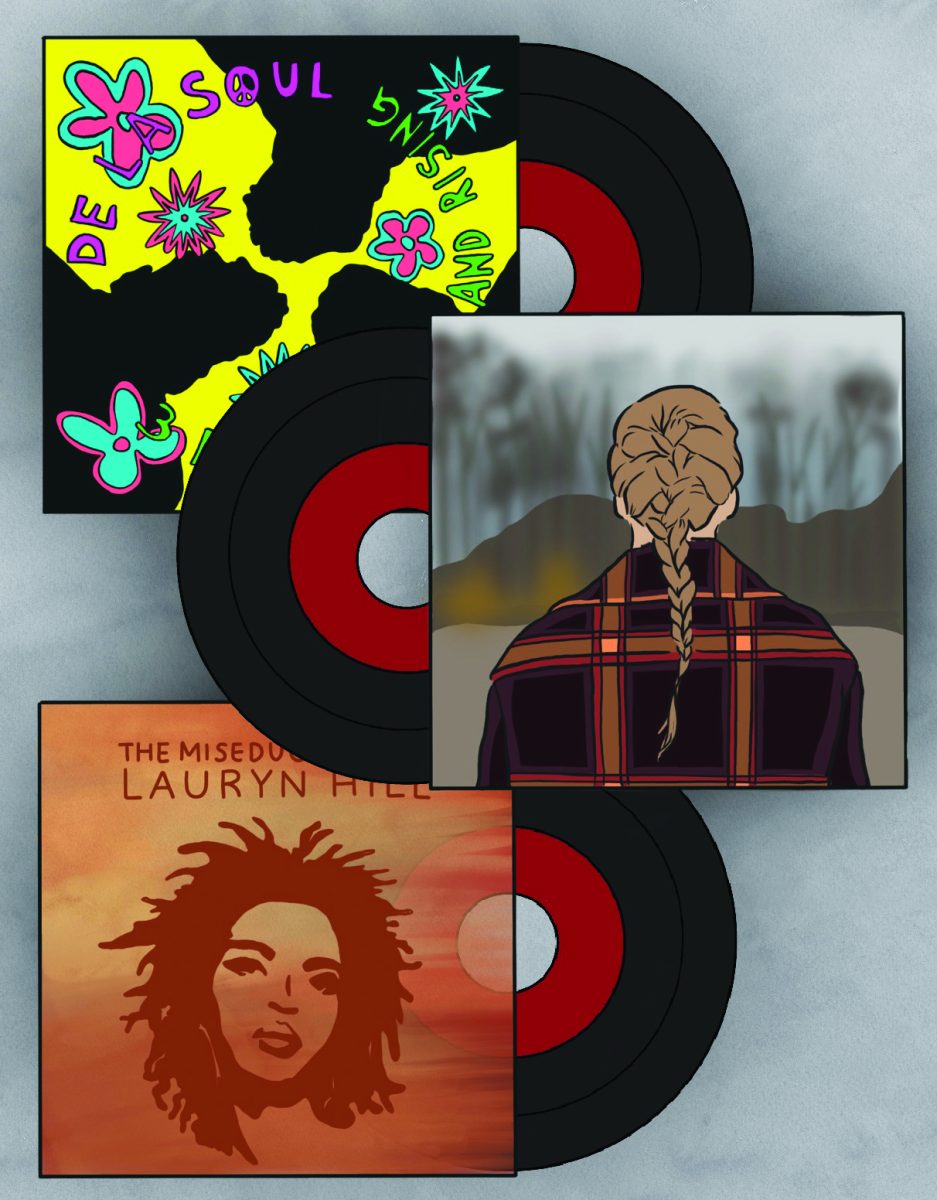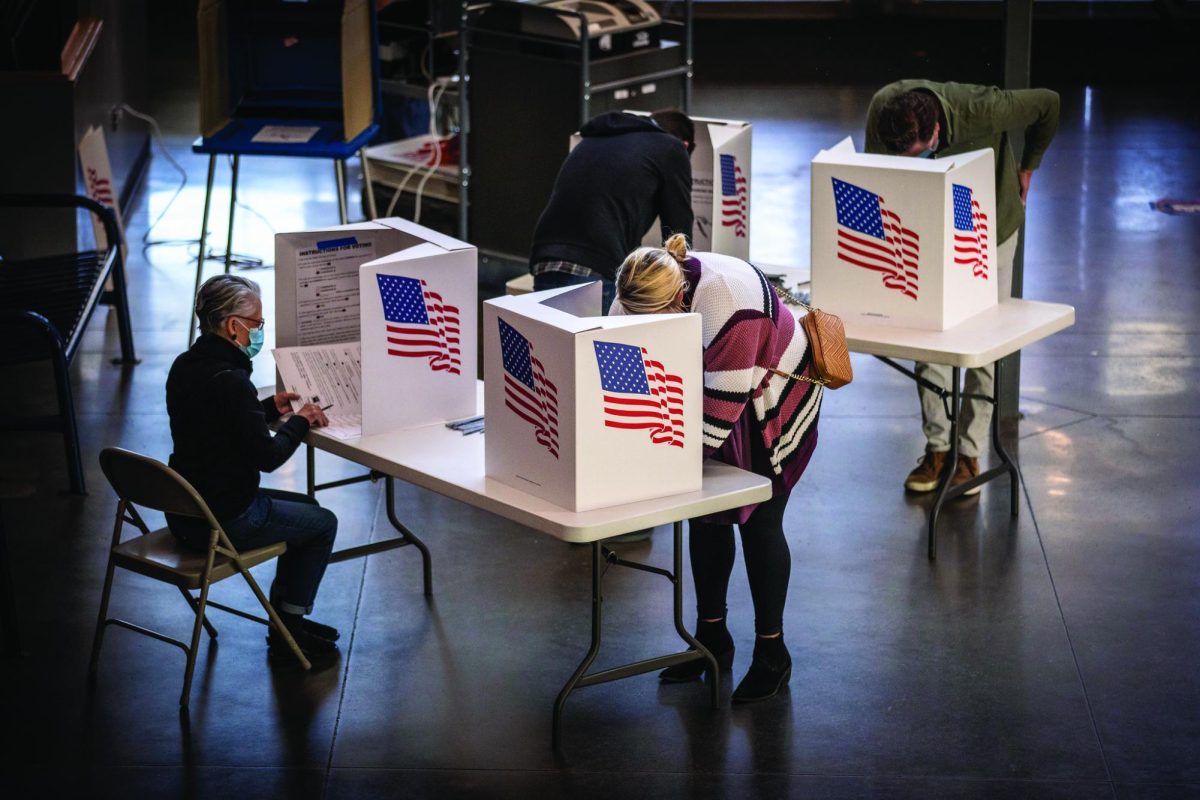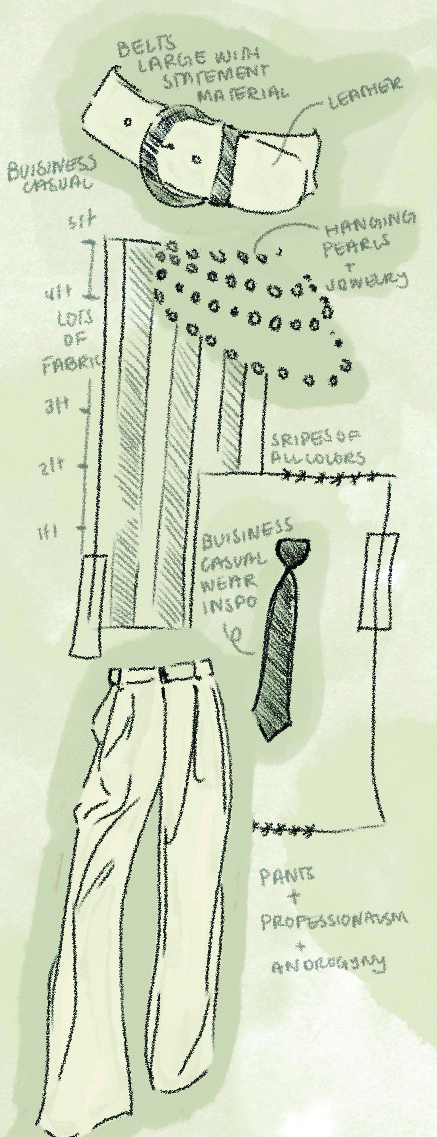
Humans are fragile. We cry in sad movies; we get cuts and scrapes; we break bones. Occasionally, our bodies even turn traitor on us. In some cases, this may include organ failure, which affects thousands of Americans every year and has no easy fix. Victims of organ failure often need a transplant, which requires that they find someone who is not only willing to give up an organ (or is recently dead and had previously consented to organ donation) but also happens to be a close enough genetic match that the body will not attempt to reject the organ. Even once this organ is found and implanted, the body’s immune system has to be extremely impaired with medication to prevent it from attacking the organ.
In the United States alone, there are over 121,000 people on organ transplant waiting lists, but there were only 10,586 organ donations from January to September of last year. Given this shocking donation deficit, it may be surprising to find out that it is illegal to pay someone to donate an organ. In fact, the only country in the world that has a legal organ market is Iran. While we hear urban legends about tourists waking up in bathtubs full of ice with their kidneys removed in order to be sold on the black market, a legal market actually produces something even more horrifying: the mass exploitation of entire villages and communities that often ends in widespread illness and misery.
Patients in developed countries who cannot find an organ donor often take advantage of the lax regulations abroad. For example, Pakistan has had a flourishing organ market for years because the harvesting and selling of organs is not commonly prosecuted there. Consequently, the country attracts wealthy people from all over the Middle East who come to Pakistan seeking organ transplants. The high demand for organs feeds rampant exploitation; many groups have been set up specifically to persuade poor villagers to give up their kidneys. In some of these villages, over half of the inhabitants have only one kidney.
Lack of access to proper medical care causes Pakistani kidney donors to suffer. Paid donors surveyed in Pakistan all complained of symptoms such as extreme pain, spasms, paranoia, dizziness, and an inability to work hard. Most surveyed also said they sold their kidneys to pay off debts. However, many were ripped off and either paid far less than they were promised or were lied to about extraneous charges, leading them to pay thousands of dollars out of their own pockets for pain medication or transport. Chronic inability to work due to surgical complications caused many to fall back into debt after the operations.
India suffered from a similar problem and saw that average family income declined by a third after a kidney was sold. Seventy-nine percent of sellers did not recommend that others sell a kidney, and 90% surveyed in Chennai, India reported significant deterioration in their health. In Iran, most strikingly, about 50% of organ sellers said they were willing to give up 76% to 100% of their property just to get their kidneys back.
Additionally, in India, where loopholes in the ban on an organ market and lack of enforcement have led to its proliferation, several organ recipients have acquired HIV or hepatitis as a result of their organ transplants. The emergence of the Pakistani organ market also appears to have lowered the rate of altruistic donations, since people assume that if someone needs an organ, he or she can simply get one on the market. Family members of patients are therefore less likely to donate, and the kidneys acquired in Pakistan tend to be poor matches for the recipients, leading to a much higher rate of rejection and recipient mortality.
The lack of alternatives to the free organ market has led to the exploitation of thousands of poor Indians and Pakistanis, necessitating a revision of organ policy. Johns Hopkins University has proposed a scheme to address this issue, but it has not yet gained much ground outside the university.
A problem with altruistic organ donation is that people are often only willing to do it for a loved one, yet often they are not a good match for that loved one. The Hopkins solution pairs organ recipients with other donors they are unrelated to, essentially facilitating a “trade” between different families. Many European Union countries have another solution, the Presumed Consent Law. If a person is “brain-dead,” meaning his or her body is alive yet his or her brain is irreparably damaged so that he or she will never regain consciousness, the person is assumed to consent to organ donation unless he or she specifically opts out. This system is implemented in Spain, which has the highest rate of organ donations in the world.
The dawn of 3D printers potentially provides another option, as products are already underway to print organs using a patient’s own genetic material. Until then, it is important to remember the ramifications that our actions have on other people. By supporting the Hopkins solution and new technology like 3D printing, we can not only reduce suffering around the world and in our own country but also soothe any fears we may have about surprise kidney removals in foreign countries.
















